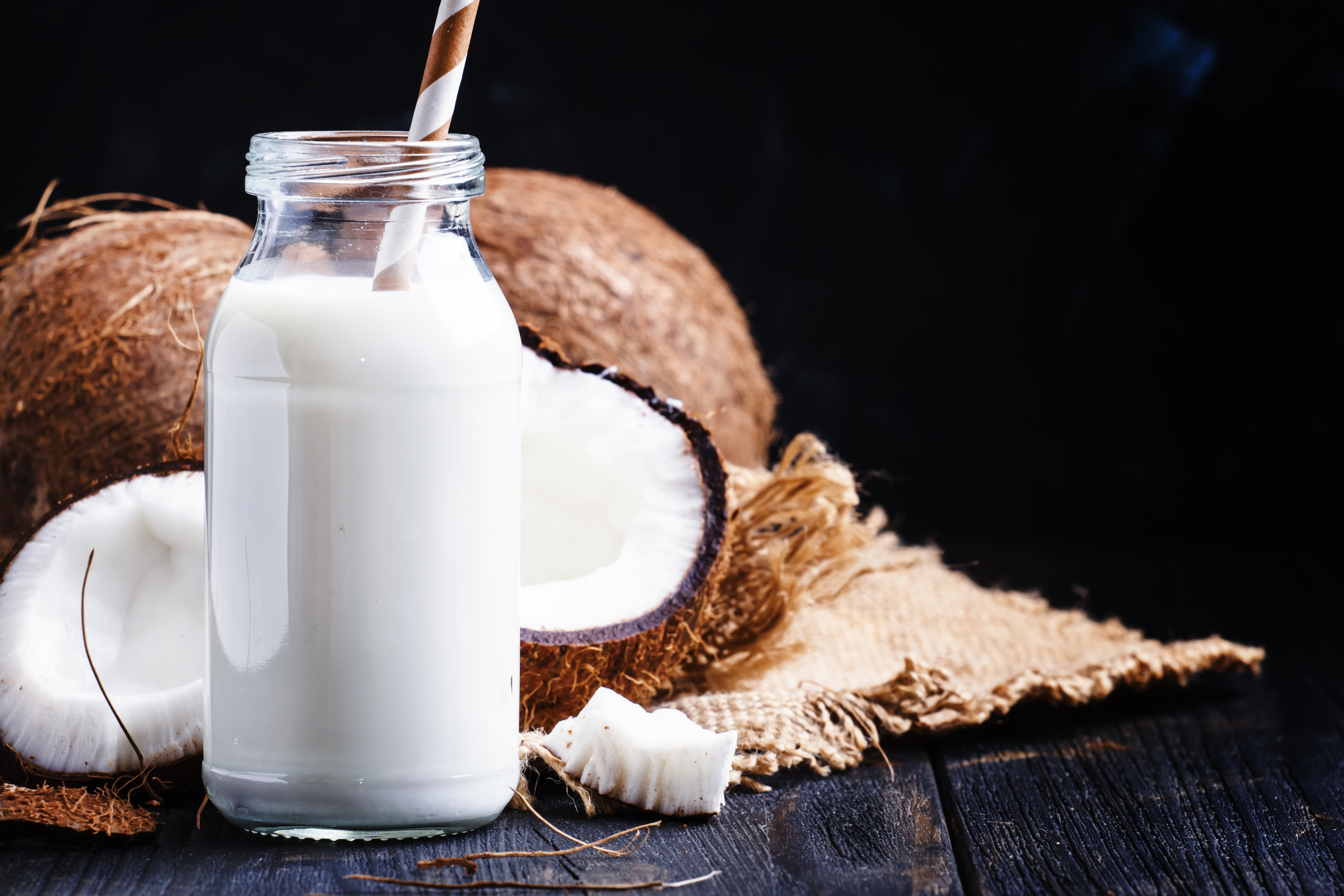Surprising Foods To Avoid If You Have High Cholesterol
19. Canned Coconut Milk: The Hidden Saturated Fat Bomb

Coconut milk is a staple in many vegan, paleo, and Asian-inspired diets, praised for its creamy texture and versatility. However, what many don’t realize is that canned coconut milk is one of the highest sources of saturated fat—containing more than 40 grams per cup! This far exceeds the recommended daily intake of saturated fat, making it a significant risk for raising LDL cholesterol. The issue lies in coconut oil, which is the primary fat in coconut milk. While coconut-based fats differ slightly from animal-based saturated fats, research still shows that excessive intake can lead to cholesterol imbalances. A diet high in coconut-based products has been linked to higher LDL levels, increasing the risk of heart disease and stroke. For those who love coconut milk, moderation is key.
20. Vegetable Shortening: The Baking Villain

Vegetable shortening has long been used in baking and frying to create flaky pastries, crispy fries, and smooth frostings, but it’s also a major contributor to unhealthy cholesterol levels. Unlike natural oils, shortening is made through hydrogenation, a process that turns liquid oils into solid trans fats—the worst type of fat for heart health. Trans fats are notorious for raising LDL (bad) cholesterol while simultaneously lowering HDL (good) cholesterol, increasing the risk of heart disease and stroke. Even though many food manufacturers have reduced their use of trans fats due to regulations, vegetable shortening is still found in many baked goods, processed snacks, and fast food items.
